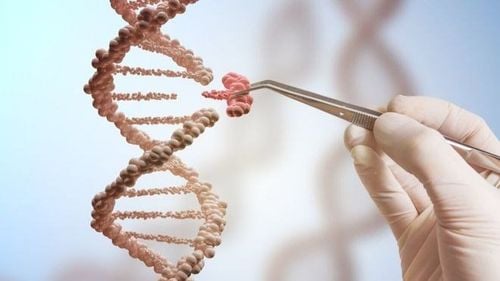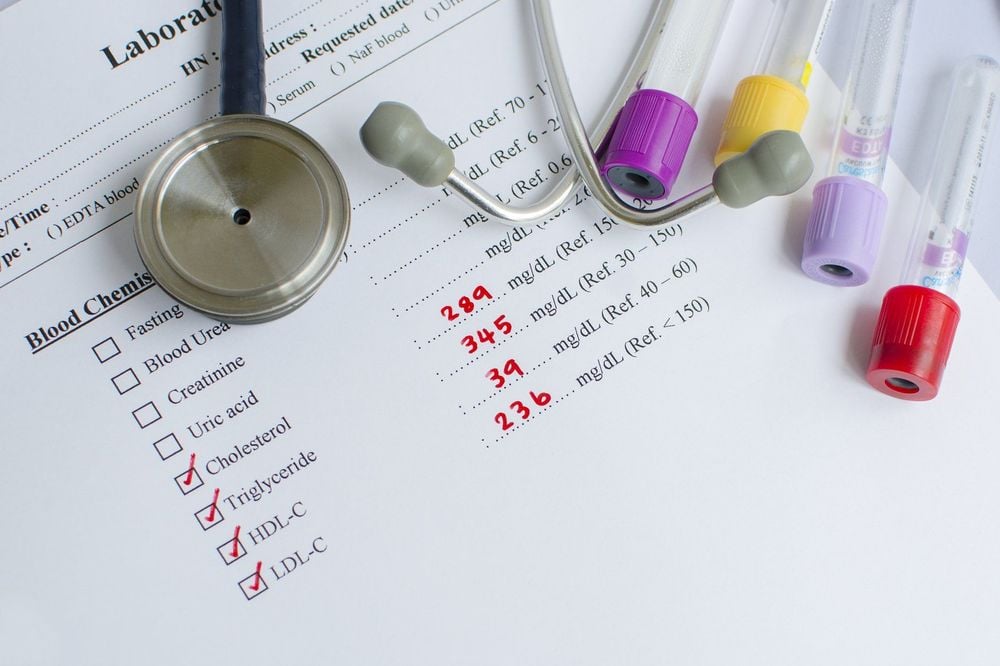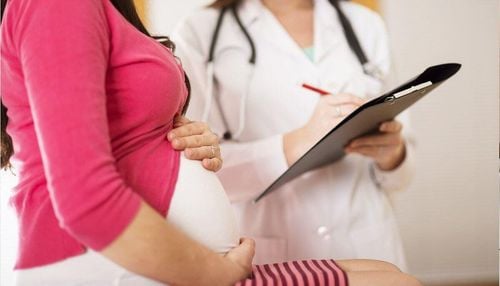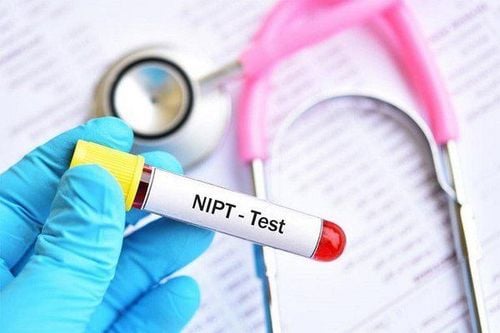This is an automatically translated article.
The article was written by Dr. Nguyen Hong Thanh - Research Specialist, Vinmec Stem Cell Research Institute and Gene Technology.
Approximately 5 – 10% of cancer cases are thought to be related to genetic mutations that can be inherited or passed down in families. Carrying genetic mutations does not mean you will get cancer, however, the mutations can increase the risk of certain cancers or certain types of cancer.
Current gene testing methods can identify a wide variety of genetic mutations. These testing methods are called predictive genetic testing. Most people do not need this test, however, in some cases, doctors will recommend this test when there is a familial risk of cancer or other medical conditions. risk mutations.
1. Situations that need genetic testing
You have several first-degree relatives such as mother, father, siblings, children with cancer. Having more than one person on one side of your family has had cancer. A group of cancers in your family are linked to a single gene mutation (such as certain types of breast, ovarian, colorectal, and pancreatic cancers).

A family member with more than 1 type of cancer. Family members who have had cancer at a younger age than usual for that type of cancer. Close relatives with cancers are associated with inherited cancer syndromes. A family member has had a rare cancer, such as breast cancer in a man or retinoblastoma (a type of eye cancer). Ethnic factors (eg, Ashkenazi Jewish ancestry is associated with ovarian and breast cancer). Several risk factors increase the chance of an inherited cancer (such as having multiple colon polyps). One or more family members have had genetic testing found the mutation.
Trắc nghiệm: Thử hiểu biết của bạn về bệnh ung thư
Ung thư là nguyên nhân gây tử vong hàng thứ 2 trên thế giới. Thử sức cùng bài trắc nghiệm sau đây sẽ giúp bạn có thêm kiến thức về yếu tố nguy cơ cũng như cách phòng ngừa bệnh ung thư.
Bài dịch từ: webmd.com
2. Testing Procedure
If cancer runs in your family and you have reason to think these tests are of value to you, then you can talk to a genetic counselor or doctor. Genetic counselors are people with special training in genetics and a deep understanding of genetic issues.
So a genetic counselor can help you determine if this test really makes sense for you and your family. In the event that you decide to have testing, a genetic counselor can help you interpret the results you receive. They can tell you about your chances of getting cancer. This is one of the reasons why the role of counseling here is so important.

Some companies that offer genetic tests often advertise and communicate their tests to doctors and customers. Sometimes they provide incomplete information to customers, leading to misunderstandings about the meaning and role of these tests.
This sometimes brings undue harm when the customer decides to perform the test based on this incomplete information.
Therefore, a genetic counselor is someone who can direct you to reputable labs and help you understand what these tests mean.
3. Notes when performing the test
3.1 About other members of your family Genetic testing results not only affect you, but also your family members, because they are blood related and inherit the same genes from your grandparents or parents.
Not everyone in your family wants to know if they are in a high-risk group for a certain type of cancer. The fact that you or a member of your family may carry a cancer-causing mutation can cause unnecessary worry for everyone. The ability to carry genetic mutations or pass them on to the next generation can lead to feelings of guilt or anger for those involved.

3.2 Tests that can lead to more tests In some cases, more medical tests, cancer screenings, or procedures may be ordered to be done after the test results are received. genetic testing. This may be a good thing to do if these tests help you avoid or find cancer more easily.
However, these tests also have their downsides, such as the time and cost involved, as well as possible risks from these tests. These additional tests can lead to unnecessary stress and anxiety.
3.4 Cost Genetic testing can be very expensive, depending on the specific type of test. Make sure you understand how much it will cost before you decide to get tested.
3.5 Insurance-related questions In the event that you have insurance, you will need to ask if the insurance will cover this cost of yours. Most current insurance plans do not have a provision to cover prophylactic tests.
3.6 Concerning the security of personal information Some Americans are concerned that employers and insurance companies may use the results of genetic tests and use them as a tool. against employees and customers.
Discrimination and hiring decisions based on genetic information are currently banned in countries around the world. Even so, some individuals choose to pay for these tests themselves for the purpose of keeping the results for themselves.

Employers should not request genetic testing for genetic mutations. Employers are only allowed to require their employees to perform this test if there is a possibility that they have been exposed to toxic chemicals or radiation in the workplace.
The Genetic Information Nondiscrimination Act of 2008 is a federal law that prohibits the use of genetic information in workplace hiring decisions for NGOs with more than 15 Staff.
The law also prohibits health insurance companies from making coverage decisions based on genetic information, but the law does not restrict the use of genetic information for life insurance, disability insurance or insurance long-term care.
Some Medical and Pharmaceutical researchers may be interested in genetic information to help them develop new treatments. These researchers must obtain consent from the participants to participate in the study and fully explain what will be done before conducting the study.
3.7 At-home DNA testing Experts recommend caution before making a decision to purchase a DNA testing service advertised online and mail results for possible risks. Reputable experts say that this information is for reference only.
The US Food and Drug Administration warns that direct-to-user tests are often uncensored and can provide false information. Therefore, the FDA recommends that you discuss this specifically with your doctor or genetic counselor before making a decision to have testing.
Please dial HOTLINE for more information or register for an appointment HERE. Download MyVinmec app to make appointments faster and to manage your bookings easily.
The article references the source: cancer.org













